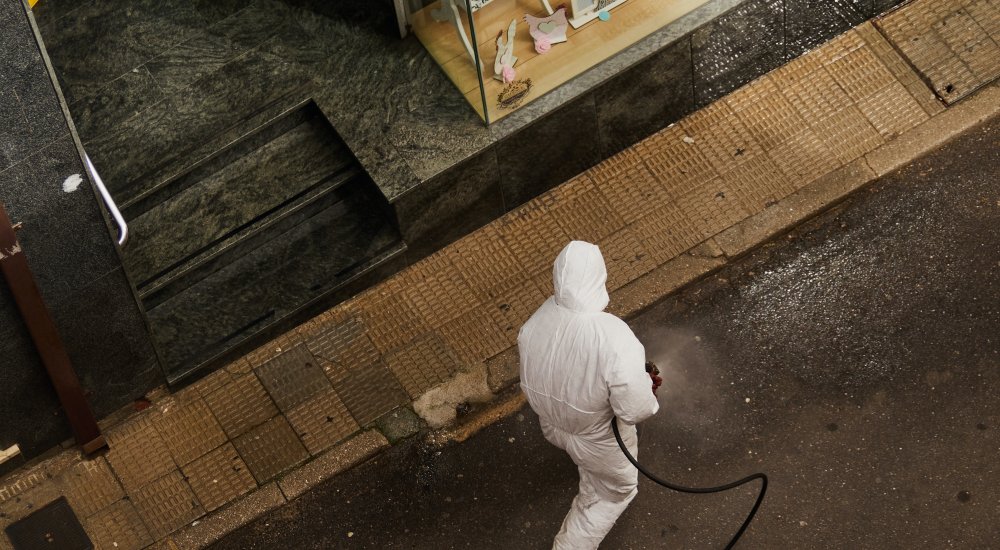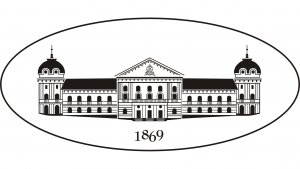Postdoctoral Position under the ERC Synergy Grant Project Leviathan

RESEARCH PROJECT
The status of the European Leviathan is in doubt today as never before. Whether in the form of authoritarian governments or populist agitation, there is intense contention over what the role, size, and scope of the state in the 21st century should be. What can a historical account tell us about the European Leviathan then and now? What holds our European community together?
Amid this uncertainty, our project calls attention to a common concern for the health of the individual and the well-being of the social body. We argue that post-war European history on each side of the so-called Iron Curtain is characterised by a preoccupation with health as the common good. Taking medicine as an analytical lens offers a common reference point through which a shared and integrated history of Europe can be developed beyond the usual clichés and dichotomies of the period. That is the unusual but promising argument that underlies our project. Our project is notable for its multidisciplinary approach: Neither economics nor politics nor ideology nor everyday life, but an integration of these perspectives makes it possible to pursue the development of the common good both, in state socialism and in the capitalist state. To do this, we propose a multi-layered investigation of medicine, which came to represent a significant—if not the decisive—institutional, conceptual and legitimating framework for all efforts towards the common good.
Thus, on the one hand, the life sciences’ claim to universal truth offers a privileged perspective beyond the usual oppositions of ideology, economic, and political systems. On the other hand, medicine is socially, politically, economically, technologically and culturally determined more than nearly any other field of our modern life. The innovative approach of our project goes beyond our heuristic methodology. Rather than merely studying postwar Europe’s two halves separately, we aim to understand Europe as one.
The Principal investigators` project team (Prof. Dr. Volker Hess, History of Medicine at the Charité Medical School and professor at the History Department of the HU Berlin, Germany; Prof. Dr. Judit Sándor, Department of Political Science, the Department of Law and the Department of Gender Studies at Central European University (CEU/KEE); Prof. Dr. Ulf Schmidt, Humanities, History of Germany at the University of Hamburg, Germany; Assoc. Prof. Dr. Anelia Kassabova, Institute of Ethnology and Folklore Studies with Ethnographic Museum, Bulgarian Academy of Sciences) will work in collaboration on all topics – the history of the so-called pharmaceutical revolution; social and political contexts of clinical experiments/vaccine trials, bioethics, medical utopias, etc.
DUTIES
- Provide own research on a topic related to the project resulting in chapters and journal publications (at least 2).
- A monograph on a topic related to the thematic field outlined below.
- Conduct archival work and fieldwork in languages relevant to the project.
- Contribute towards data collection, data analysis.
- Participate in workshops, conferences, summer schools, etc. related to the research topic.
- Participate in exchanges between the partner institutions.
- Contribute data to the larger project’s research outputs.
- Participate in and contribute to the activities of the project, including conference/workshop organization.
THEMATIC FIELD:
Ageing East and West: Ethics, Welfare, and the Medical Gaze
The project is situated in the broad and rapidly developing field of Ageing Studies. The research shall focus on a specific topic in a comparative or transnational/entangled perspective, including cases on both sides of the Iron Curtain, and focusing mainly on the second half of the 20th century. The case studies are expected to show common tendencies and divergent experiences, thus contributing to a more nuanced and in-depth understanding of Cold-War Europe.
Possible thematic fields include (but are not limited to):
- state policies related to the care for the elderly: legal provisions, welfare institutions, health care;
- expert discourses, medicalisation of ageing, professionalisation of care;
- family–state interactions, changing cultural norms of care, etc.
Requirements
Research Field:
- Anthropology > Medical anthropology
- History > Contemporary history
- Sociology > Social changes
- Demography > Other
- Ethics in social sciences > Other
Education Level: PhD or equivalent
Skills/Qualifications
- PhD degree in History, Anthropology, Political Sciences, Law, International Relations or other social science received in the last 5 years (after 14 February 2018).
- Experience, knowledge and interest in research on the post-WWII period and in medical anthropology.
- Proficiency in written and spoken English. Knowledge of other project-related languages is an advantage.
- Good knowledge of and skills in qualitative methods and archival work.
- Experience in international research teams.
- Experience/interest in comparative research.
- Ability to work independently and in a team.
- Self-driven and highly motivated persons.
Specific Requirements
The successful candidates are expected to reside in Sofia, Bulgaria for the 3 years of contract duration and participate in the scholarly activities of the Department, and conform to the regulations that apply to the position.
Languages
- ENGLISH - Level: Excellent
- GERMAN - Level: Good
- RUSSIAN - Level: Good
- BULGARIAN - Level: Good
Research Field
Anthropology » Medical anthropologyHistory » Contemporary history
Additional Information
Benefits
- The position gives excellent opportunities for research and professional development.
- Work on socially relevant topics in the field of medical anthropology in historical perspective.
- Teaming up with researchers from Bulgaria, Germany, Hungary, Austria, UK.
- Work in a dynamic and supportive working environment.
- Salary: EURO 2400–2500 monthly, brutto.
- Travel funds for research and participation in international meetings, seminars, workshops, conferences.
Eligibility criteria
The Postdoctoral application must include:
- Cover letter stating the applicant’s research interests for applying for the position (1-2 pages).
- CV.
- List of publications.
- Research proposal (between 5 and 10 pages) with the research question(s) motivating the research project; the methodology; the theoretical approach; the research design; the reference list.
- The names and contact information of two referees (one of them is expected to be the PhD supervisor).
- Transcripts and copies of diplomas attesting to the completion of the Bachelor`s, Master`s and PhD degree.
- Other relevant certificates/letters of recommendation.
Selection process
- The application deadline: 14 February 2023 - 23:59 Eastern Europen Time (EET)
- The shortlist: 28 February 2023
- The interview will be conducted online until 14 March 2023
- The final decision for acceptance until 31 March 2023
- The applicants must submit all documents only by email: medicalanthropology@iefem.bas.bg
Practical questions regarding the application procedures should be directed to medicalanthropology@iefem.bas.bg
Additional comments
If you would like to know more about the activities of the Leviathan project team,
you can visit the following websites:
https://medicalanthropologybg.com/
Work Location(s)
Number of offers available: 1
Company/Institute: IEFSEM - BAS
Country: Bulgaria
State/Province: Other
City: Sofia
Postal Code: 1000
Street: 6A Moskovska street
Where to apply
medicalanthropology@iefem.bas.bg
Contact
State/Province: Bulgaria
City: Sofia
Street: 6A Moskovska Str
Postal Code: 1000
E-Mail: medicalanthropology@iefem.bas.bg

